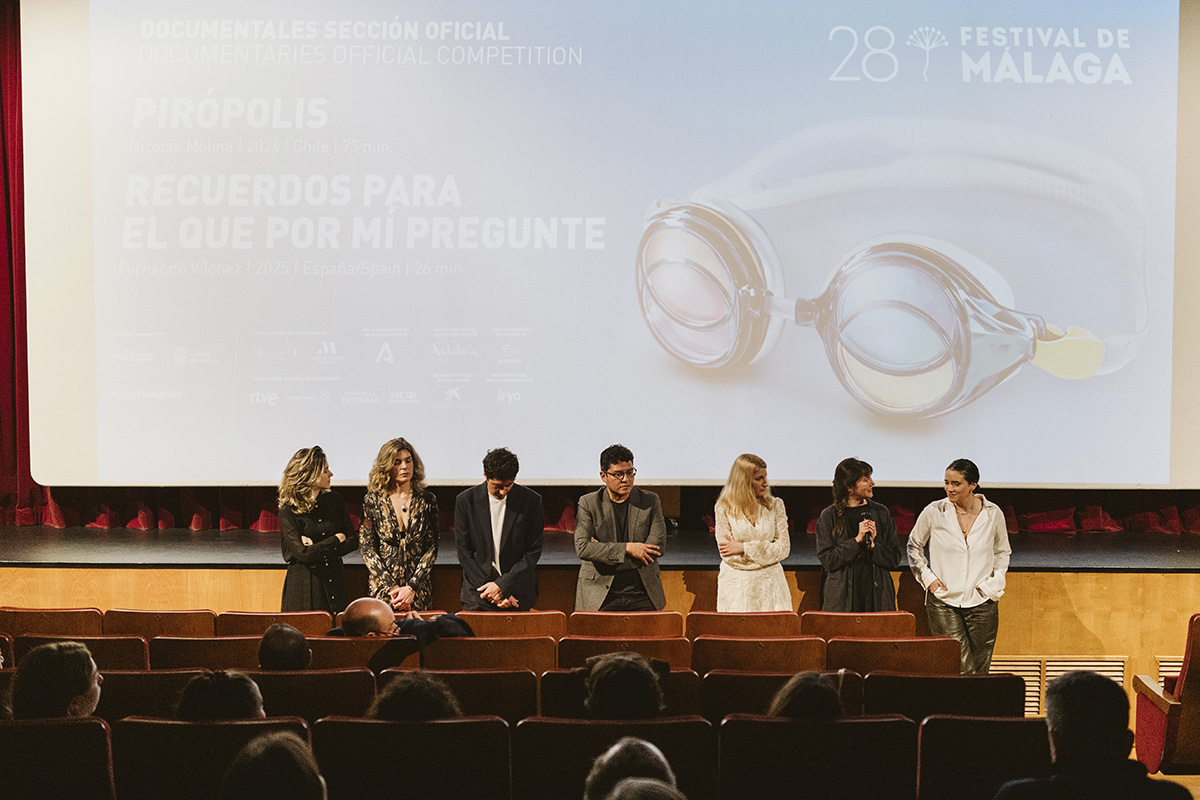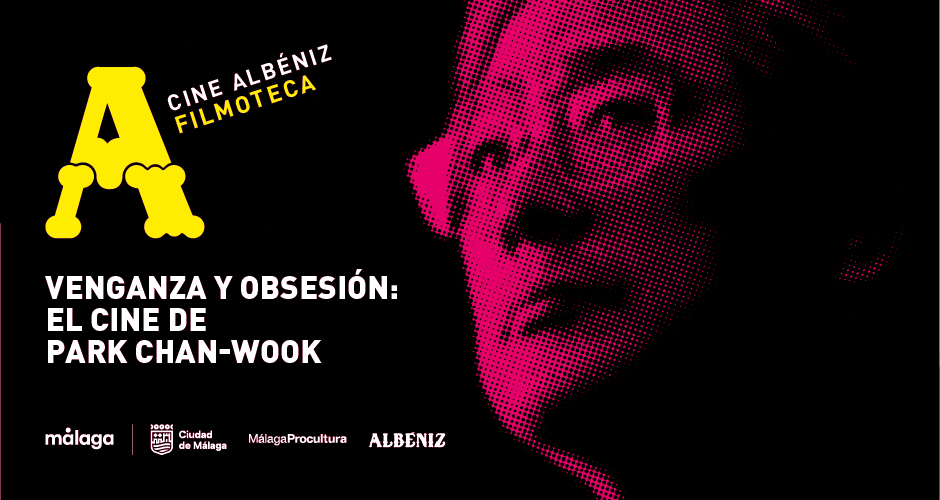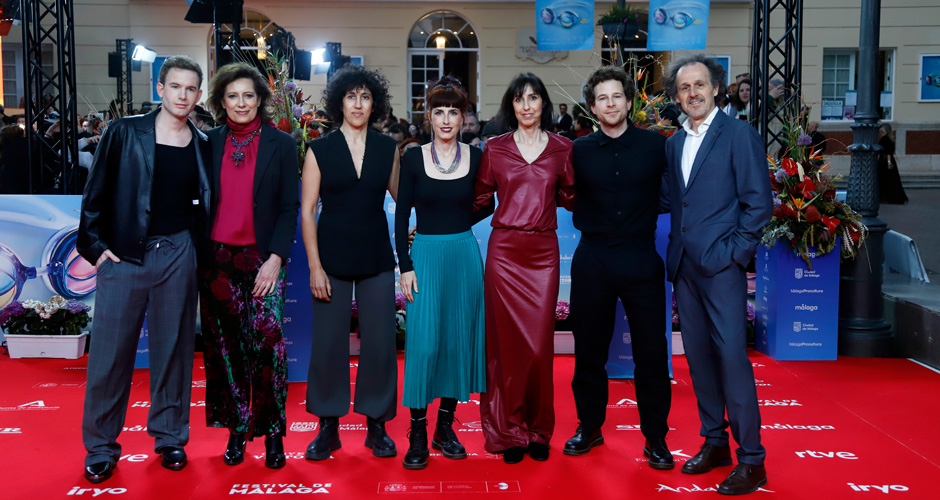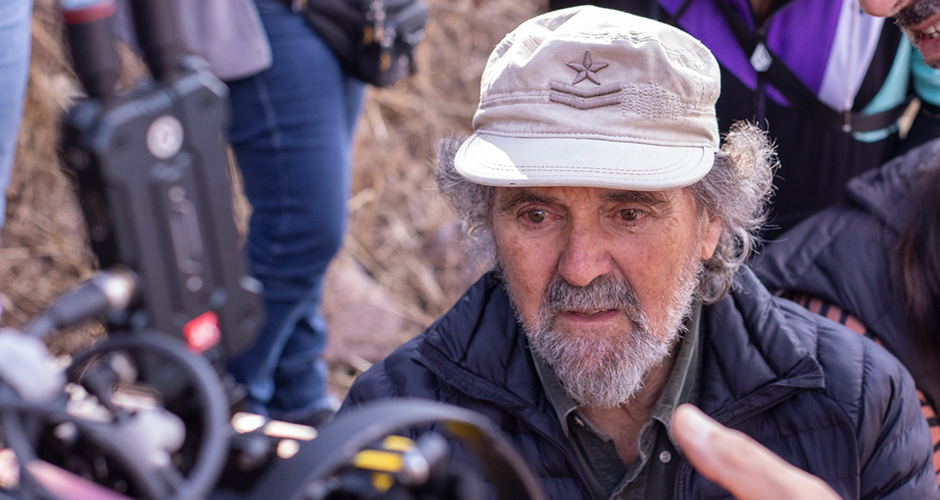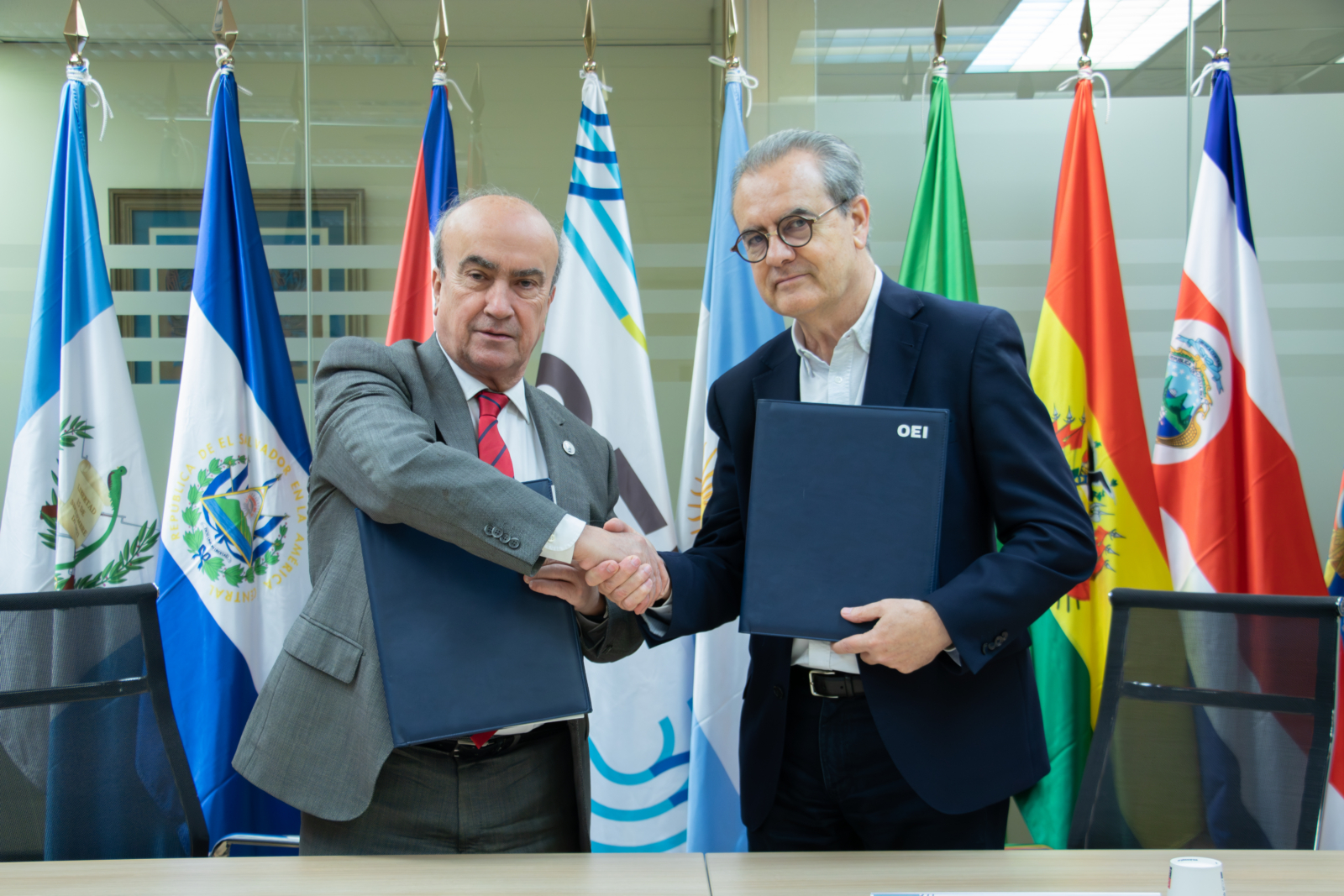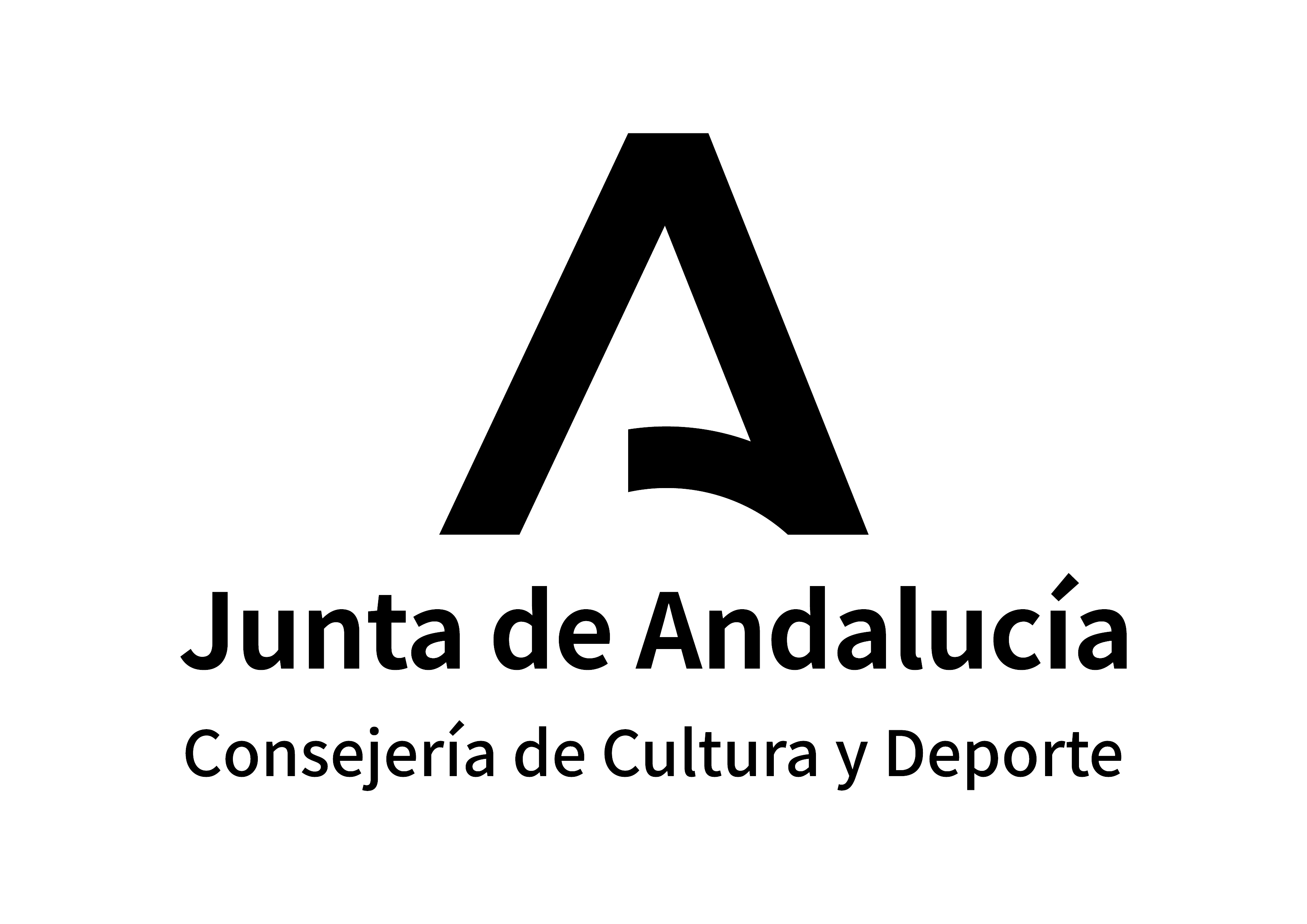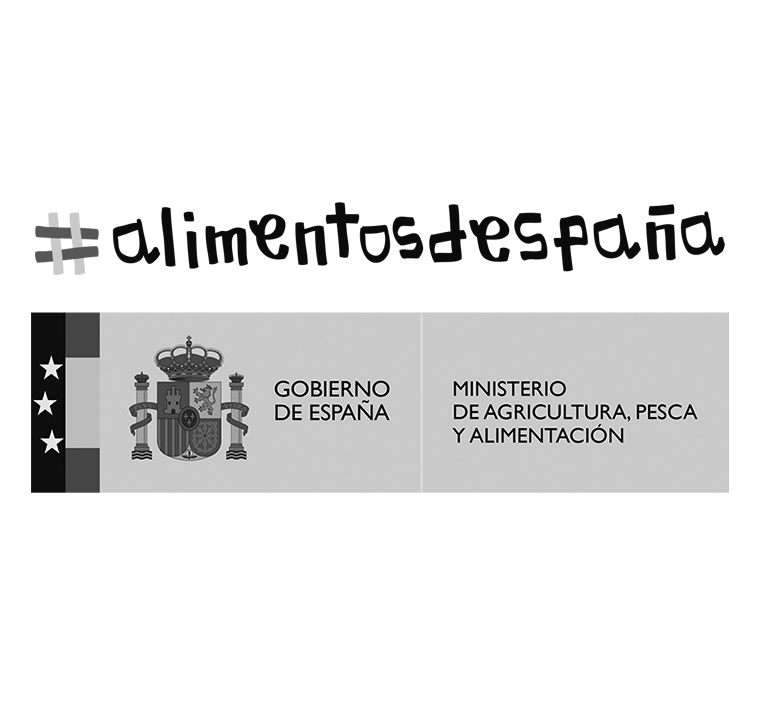The Documentaries Official Competition enters its seventh day with films that reflect on forgetting
The Festival de Málaga screens four stories that take audiences on a journey from Western Sahara to the city of Valparaíso, via Soria and La Rioja
On the penultimate day of the Documentaries Official Competition, the María Victoria Atencia Cultural Centre hosted the screening of four films that deal with different issues. Films that address historical memory, the struggle of the Saharawi people, the union of a fire brigade in Chile and the search for answers to an unsolved femicide.
'Mariem: La voz de las mujeres saharauis’
Directed by Lima-based director Javier Corcuera, the short film 'Mariem' is the testimony of Mariem Hassan, Sahrawi refugee, composer and the most representative singer of Western Sahara, who died from cancer in 2015. Shortly before her death, Mariem retired to the liberated territories, where she spent her childhood. And it is from here that she tells her story and sings for the last time.
At the film's presentation at the Festival de Málaga, the audience had the chance to meet one of Mariem's daughters, Aghall Hassan, who spoke candidly about the documentary: "This film is a representation of my childhood. It makes the whole issue of Western Sahara visible. It explains so much in such a short time and gives a voice to Saharawi women".
‘Suerte de Pinos: llegar a la verdad’
Set in the small Soria village of Salduero, the documentary 'Suerte de Pinos' is the result of an investigation carried out by the scriptwriter and director Lorena Muñoz to shed light on a double femicide: the murder of her great-grandmother and her daughter seventy years ago. Travelling from Argentina, the director immerses herself in the life of this village, lost in the midst of a vast pine forest in the north of Spain.
"People in general don't want to get involved in digging up stories from the past, but for my family this issue was a burden, a knot that wouldn't come untied. My mother never wanted to know anything about this incident, but she didn't stand in the way when I started to investigate. Throughout the filming process, she never asked me directly about anything, but I wouldn't be surprised if I found her secretly watching this documentary in a cinema", commented Lorena Muñoz in the discussion after the screening.
‘Recuerdos para el que por mí pregunte: cartas contra el olvido’
The last words that prisoners of the Civil War said before saying goodbye to their loved ones serve as the thread for Peruvian filmmaker Fernando Vílchez Rodríguez's documentary. Delving into the life of several villages in La Rioja, Fernando Vílchez recovers old papers and worn postcards where these words of farewell were written. Today, almost ninety years later, grandchildren, great-granddaughters and other relatives read the lines of those who were about to die. With their voices, a memory seems to be awakened.
Known for making films based on personal enquiries into society through archives, Fernando Vilchez shared with the audience some impressions of the shoot: "It is shocking to see how earlier generations are shrouded in silence. Perhaps out of pain, out of caution, out of fear. And now, the fourth generation of those prisoners is the one that has the tools to give visibility to these letters that are still very much alive”.
‘Pirópolis: una comunidad contra el fuego’
Directed by Nicolás Molina and produced by Francisca Barraza and Joséphine Schroeder, the feature film Pirópolis follows the day to day life of a fire brigade in Valparaíso, Chile. Through footage shot by the director himself, Pirópolis immerses us in the fiery Chilean port-city through the Pompe France, a volunteer fire brigade with diplomatic ties in France. In the midst of forest fires and the spread of fire into the city, they challenge the status quo by welcoming women into the brigade and face the departure of their captain.
"Nicolas is a recorder. He and the camera are tied together. So when he wanted to shoot something, he would run out looking for what he defines as the 'magic shot'. That's why we had a small team to keep up with the frenetic pace," commented Francisca Bazarra, one of the producers taking part in the colloquium at the end of the event.
Share








